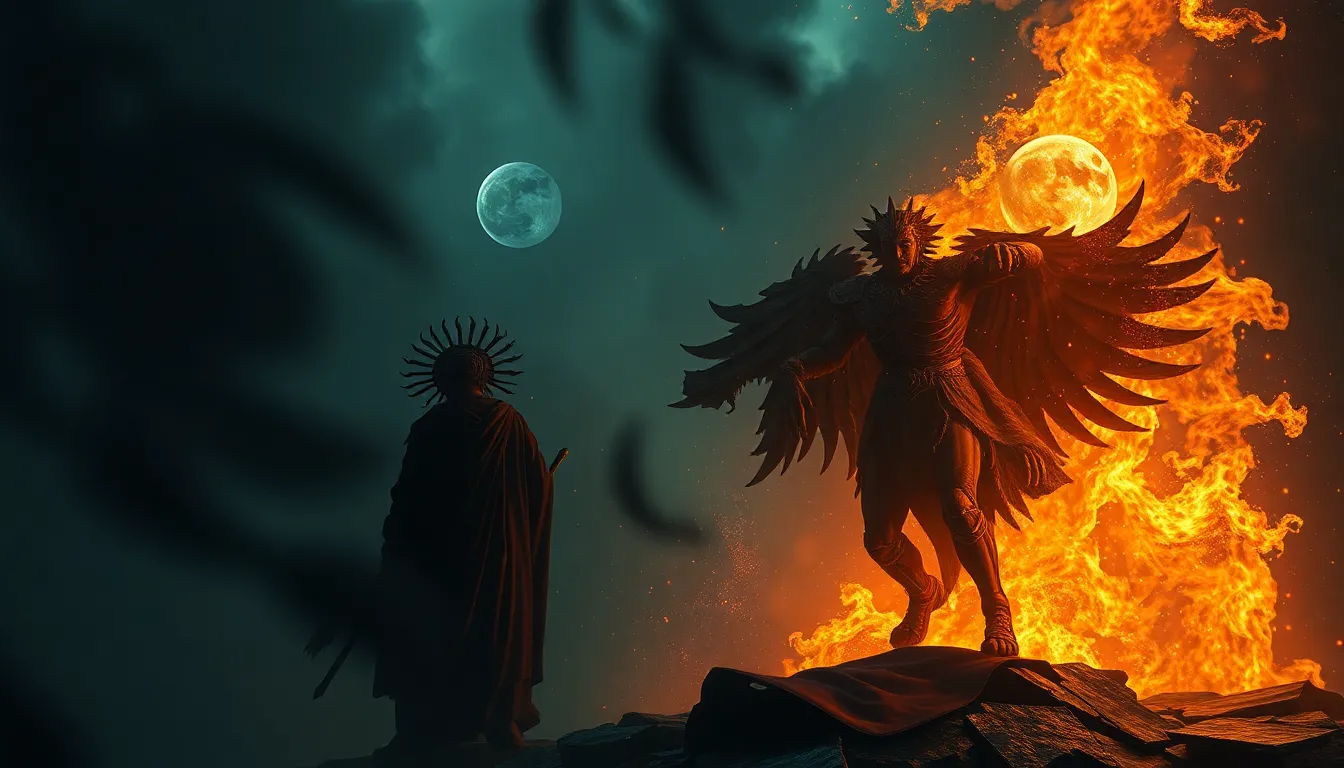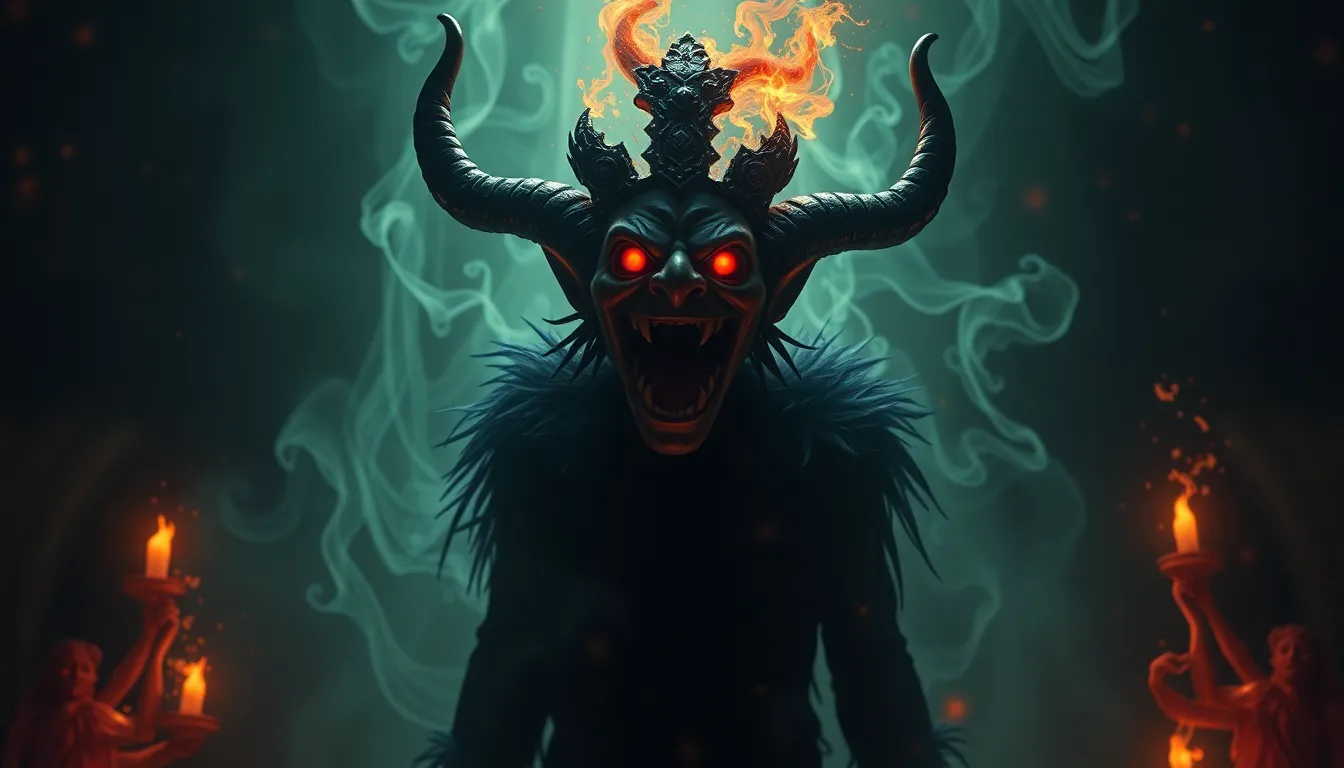The Role of Myth in Cultural Hero Narratives
1. Introduction to Cultural Hero Narratives
Cultural hero narratives are stories that revolve around individuals who embody the ideals, values, and challenges of a particular culture. These narratives often serve as a means of conveying important cultural lessons, shaping societal norms, and providing role models for individuals within the culture. Myths play a crucial role in these narratives, as they provide the foundational stories that inform our understanding of heroism and the human experience.
This article will explore the significance of myth in shaping cultural hero narratives, examining how these stories reflect the values and beliefs of different societies, as well as the common archetypes and structures that can be found across cultures.
2. Understanding Mythology: Definitions and Functions
Mythology is a collection of myths, which are traditional stories that explain natural or social phenomena, often involving supernatural beings or events. Myths serve several essential functions in society:
- Moral Lessons: Myths often convey ethical teachings and moral values.
- Social Cohesion: Myths help to unite communities by providing shared narratives that reinforce identity.
- Explanation of the Unknown: Myths seek to explain the mysteries of life, death, and the universe.
It is important to distinguish between myths and legends. While myths are often considered sacred and timeless, legends are based on historical events or figures but may contain exaggerated elements.
3. Cultural Context: How Myths Shape Heroic Ideals
Hero narratives are deeply embedded in cultural context, reflecting the values and ideals of the society from which they emerge. For instance:
- Greek Mythology: Heroes like Hercules exemplify strength and perseverance in the face of adversity.
- Indigenous Mythologies: Many Indigenous cultures have heroes who embody a deep connection to nature and community.
- African Myths: Stories featuring trickster figures like Anansi highlight the importance of wit and intelligence.
Historical context also plays a significant role in shaping these narratives. As societies evolve, so too do their heroes, often adapting to reflect contemporary values and struggles.
4. Common Archetypes in Hero Myths
Across cultures, certain hero archetypes recur, each serving as a vehicle for mythological themes:
- The Reluctant Hero: A character who is initially unwilling to embrace their destiny (e.g., Frodo from “The Lord of the Rings”).
- The Tragic Hero: A hero whose downfall is brought about by a personal flaw (e.g., Oedipus from Greek tragedy).
- The Warrior Hero: A brave fighter who embodies courage and strength (e.g., Beowulf).
These archetypes resonate universally, allowing audiences to connect with the underlying themes of struggle, sacrifice, and triumph.
5. The Journey of the Hero: Mythic Structure and Narrative Arc
Joseph Campbell’s Hero’s Journey framework outlines a common structure found in many hero narratives. This journey typically includes stages such as:
- Call to Adventure
- Crossing the Threshold
- The Ordeal
- Return with the Elixir
This mythic structure mirrors the experiences of individuals as they navigate their own life challenges, making the hero’s journey relatable and significant. Trials and tribulations are pivotal in the development of heroes, shaping their character and reinforcing the narrative’s moral lessons.
6. The Role of the Mentor in Hero Myths
The mentor archetype is a common figure in hero narratives, serving as a guide and source of wisdom for the hero. Mentors provide essential support and knowledge, helping heroes navigate their journeys. Notable examples include:
- Gandalf from “The Lord of the Rings”
- Obi-Wan Kenobi from “Star Wars”
- Merlin from Arthurian legends
The presence of a mentor emphasizes the importance of guidance and the transmission of knowledge across generations, reinforcing the idea that heroes do not achieve greatness alone.
7. Conflict and Resolution: The Mythical Battle Between Good and Evil
Central to many hero narratives is the conflict between good and evil. This duality serves to illustrate moral complexities and the struggles inherent in the human experience. Key elements include:
- Representation of Good vs. Evil: Heroes often embody virtues, while antagonists represent vices.
- Conflict as a Catalyst: The challenges faced by heroes drive the narrative forward and facilitate character growth.
These conflicts resonate across cultures, highlighting universal themes of morality, justice, and redemption.
8. Modern Interpretations of Hero Myths
Contemporary media has reinterpreted classical hero narratives, adapting them for modern audiences. Examples include:
- Films like “Black Panther” that explore cultural identity and heroism.
- Video games that allow players to assume the role of the hero in interactive narratives.
- Literature that reimagines traditional myths in contemporary settings.
These modern interpretations demonstrate the continued relevance of myth in society, evolving with cultural shifts while retaining core themes of heroism.
9. The Impact of Cultural Heroes on Identity and Society
Cultural heroes play a significant role in shaping national identity and collective memory. They often serve as symbols of shared values and aspirations within a society. The impact of cultural heroes includes:
- Influencing social norms and behaviors.
- Promoting ideals of courage, sacrifice, and justice.
- Providing a sense of pride and unity among community members.
Contemporary cultural heroes, such as activists and leaders, continue to inspire and influence societal change, demonstrating the enduring power of hero narratives.
10. Conclusion
Myths are integral to the formation and evolution of cultural hero narratives, providing a lens through which societies can explore their values, ideals, and struggles. By examining the interplay between myth and heroism, we gain insights into the human experience and the collective consciousness of cultures around the world. As we continue to tell and retell these stories, the role of myth in shaping our understanding of heroism remains as vital as ever.



